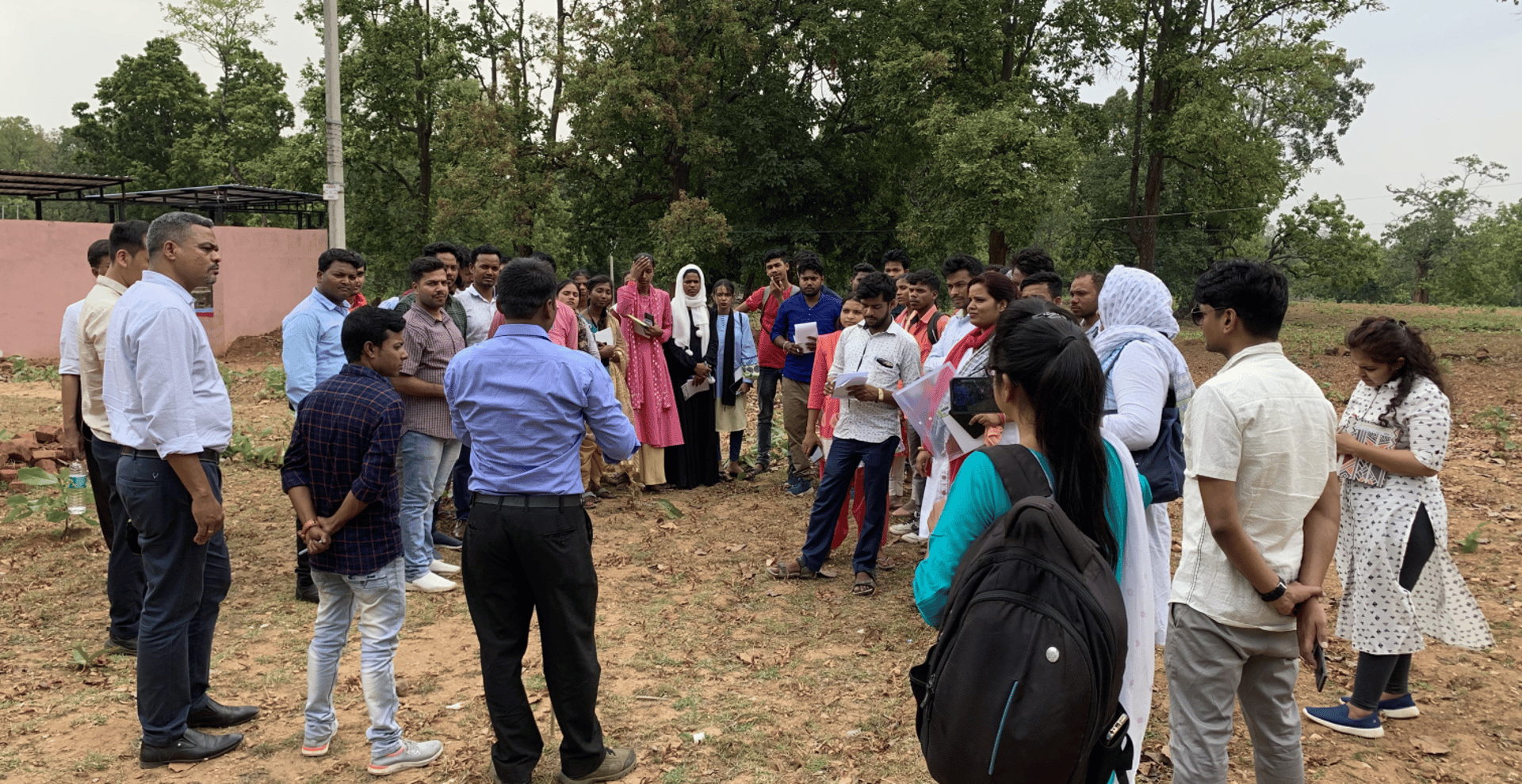
31.12.22
ISB-TCS Partnership to Build a Sustainable Forest Economy in India
The Initiative on the Forest Economy (IoFE) at the Indian School of Business (ISB) is focused on building a strong business case for the recognition of Community Forest Resource Rights (CFRR) under the Scheduled Tribes and Other Traditional Forest Dwellers (Recognition of Forest Rights) Act, 2006—commonly referred to as the Forest Rights Act (FRA). As a technical, implementation, and knowledge partner, we collaborate with a range of stakeholders to further this goal.
In December 2022, ISB signed a three-year Memorandum of Understanding (MoU) with Tata Consultancy Services (TCS) to support our efforts in developing a sustainable and profitable business model for forest communities. The agreement is effective from October 2022 to October 2025.


The partnership aims to foster innovation by leveraging technology to monitor forests and forest-based products for societal development. The first objective of this collaboration is to monitor and estimate carbon stocks in the subtropical forests of Simdega district, Jharkhand, using the Sky–Earth Convergence approach developed by TCS.
Jaldega, Bano, and Kolebira blocks of Simdega district are the chosen pilot districts of the project.
Research Methodology of the Project
Forest-related emission reductions and enhanced removals (carbon sequestration) are typically estimated using measurement, reporting, and verification (MRV) systems, which combine remote sensing (RS) data, field/in situ measurements, and modelling approaches to generate reliable estimates. However, operationalising MRV processes is often complex and lengthy—even in countries with high implementation capacity. Once functional, these systems depend on the integration of RS and in situ datasets, often non-standardised and uncertain, which delays both action on emission drivers and access to climate finance.
To address these challenges, this project aims to accurately measure forest carbon stock using a combination of community participation and advanced technology, with the goal of generating actionable insights for decision-makers.
The TCS Digital Platform for Next Gen Agriculture (TCS DNA) offers a unique Sky–Earth Convergence approach that combines large-scale satellite and drone imagery with ground-based datasets, such as Internet of Things (IoT) data, to improve the accuracy of carbon measurement. The platform is designed to monitor farm-level regenerative practices and measure carbon stocks each season, achieving up to 90% accuracy while reducing costs by as much as 80%.
Operational Focus Area
The operational aspects of the pilot are organised into four key areas:
data availability and access;
processing and computational performance;
uncertainty management; and
standardization and protocol development.
The collaboration will assess the readiness of various innovative technologies, such as RS, geostatistics (GS), artificial intelligence (AI), IoT, and cloud computing (CC). This assessment will help identify the most effective combination of tools to support the development of a next-generation MRV system—unlocking the potential of forests and enabling governments and stakeholders, especially women, to monitor the implementation of environmental policies and assess forest conditions more effectively.
Technology for an Inclusive Forest Economy
Understanding the appropriate technological requirements is crucial for enhancing productivity, promoting resource conservation, and driving innovation. By developing and deploying such technologies, we aim to empower the collectors of seasonal forest products (SFPs)—especially women.
